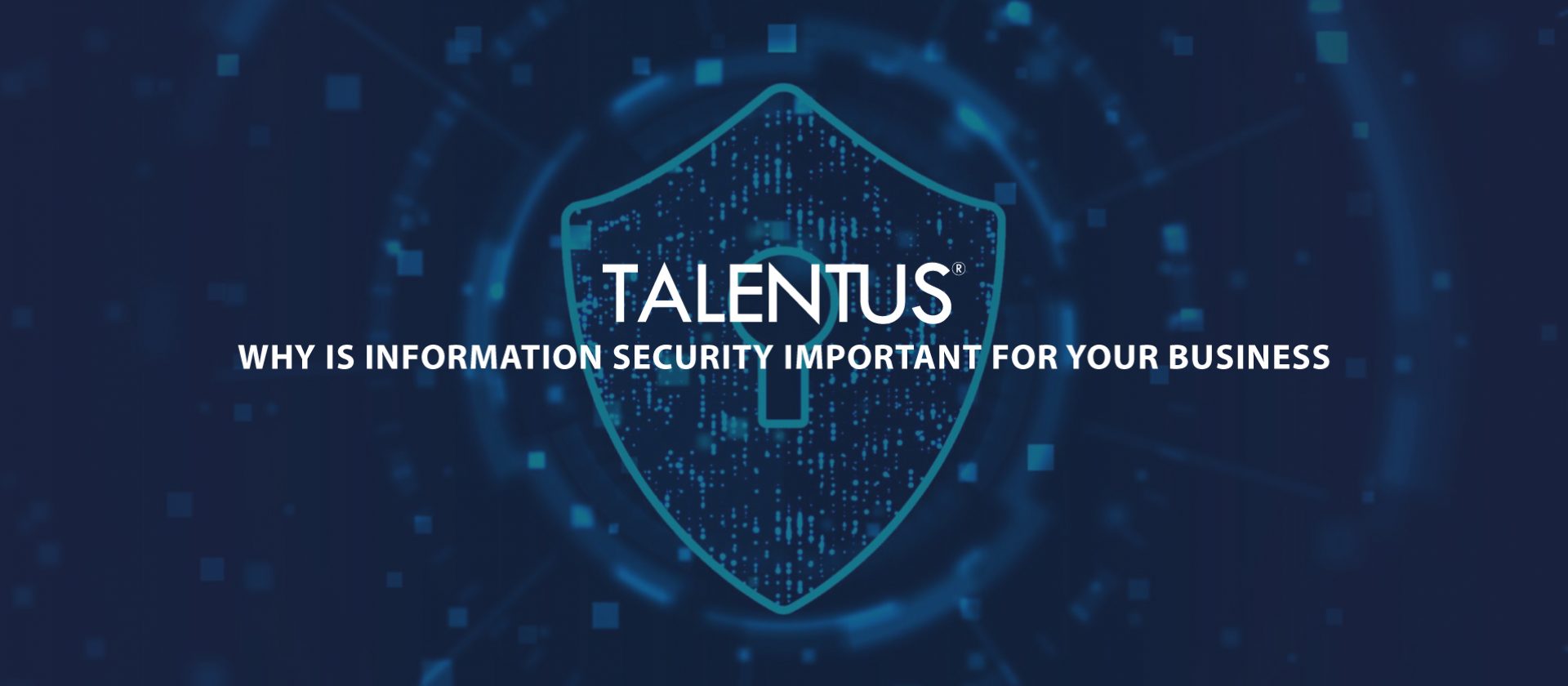Notably, in today’s data-centered society information has emerged as one of the most sought-after assets for both individuals and corporations. However, do you truly know what information security is, and why it matters to every organization? In this article, we’ll delve into the significance of information security and why it deserves your attention. Also, make sure you download our worksheet, to assist you in starting, the most.
Why Information Needs Protection
Information is a basic building of any organization, i.e., employees, space, and equipment. It can manifest in many ways including knowledge, messages, and digital media, and is the foundational element of communication, decision-making, and business operations. We depend on information to store, refine, and analyze vital data, making it crucial to nearly everything a business does.
From business operations, customer data, or intellectual property, loss or corruption in critical information can result in devastating aftermaths. Protecting this data is essential—not just for operational success but also for preventing financial loss, legal issues, and damage to reputation.

Cybersecurity vs. Information Security: What’s the Difference?
Although “cybersecurity” and “information security” are frequently used synonymously, respectively, they are not the same concept but rather are relatively complementary.
Cybersecurity is focused on protecting digital systems—networks, devices, and software—from unauthorized access, attacks, and cyber threats. It’s a matter of protecting your infrastructure from the “outside world” such as malicious hacking or malware.
Information security focuses on safeguarding data in all its forms—whether digital, paper, or otherwise. Its main functionality is to avoid any data leaks, corruption, or loss while maintaining the confidentiality, integrity and availability of information.
Although cybersecurity is critical to information security, the latter includes physical and operational safeguards for the assurance of secure management of information (data) within its life cycle from beginning to end.
Information Security: Protecting Your Most Valuable Assets
As our reliance on technology increases, so do the associated risks. Cyberattacks, data leaks and misappropriation of personal information, fraud, and malware continually increase in number and complexity. Threats extend not only to single hackers but also to gangs, nation-states, or even rogue insiders who could attack your sensitive data.
That is why a robust information security strategy is essential. It is not just about preventing digital attacks but also safeguarding all kinds of valuable information against theft, falsification, or loss. A comprehensive security approach helps reduce these risks and secures your organization’s most essential assets.
Previous blog: Is Building Remote Teams Still A Smart Strategy For IT Companies?
In general, information security is a technical necessity, and it’s a core component of modern business operations. Through implementing data protection measures, you not only comply with the law but also build trust with your clients, protect your brand, and facilitate the sustainability of your organization in the long term.
Glossary of important terms
Talentus: a global company that provides US companies with reliable near-shore IT talent up to their necessities.
Information technology (IT): is the use of computers, software, networks, and other technologies to manage, process, and exchange information
Cybersecurity: is the practice of protecting networks, devices, and data from unauthorized access or criminal use.
Data: information, especially facts or numbers, collected to be examined and considered and used to help decision-making, or information in an electronic form that can be stored and used by a computer.
